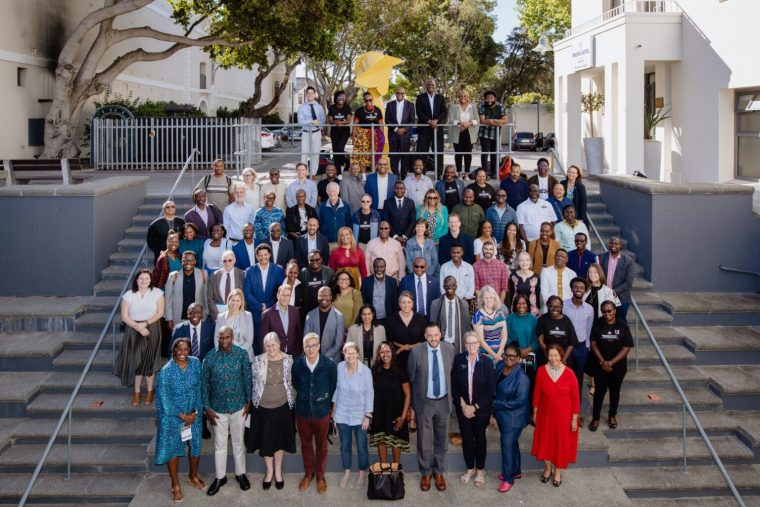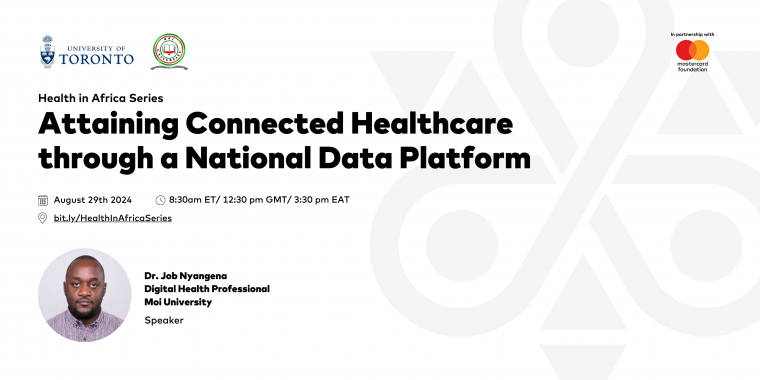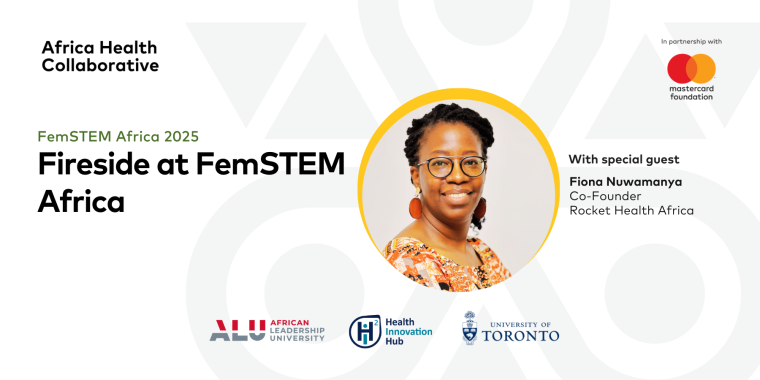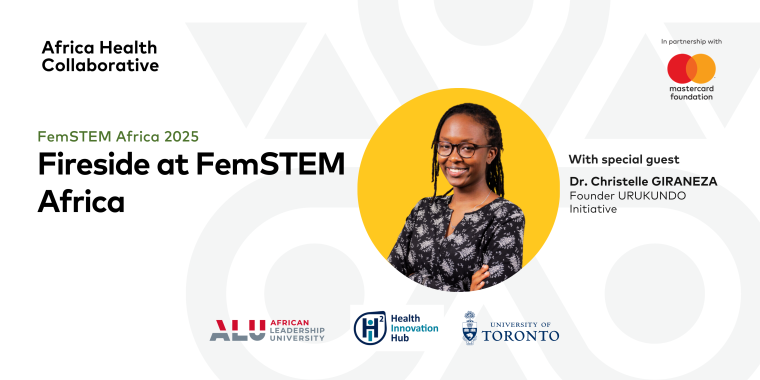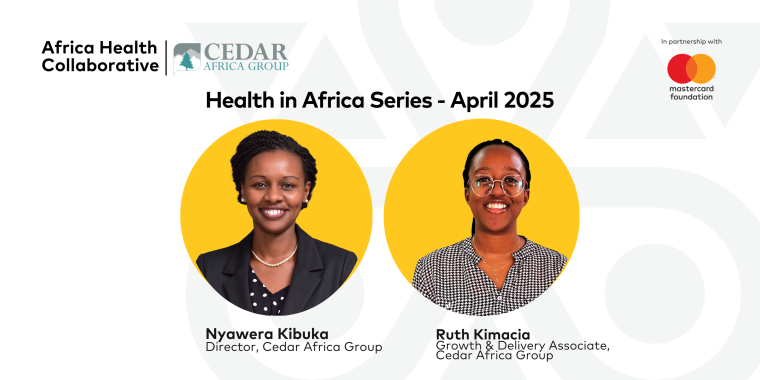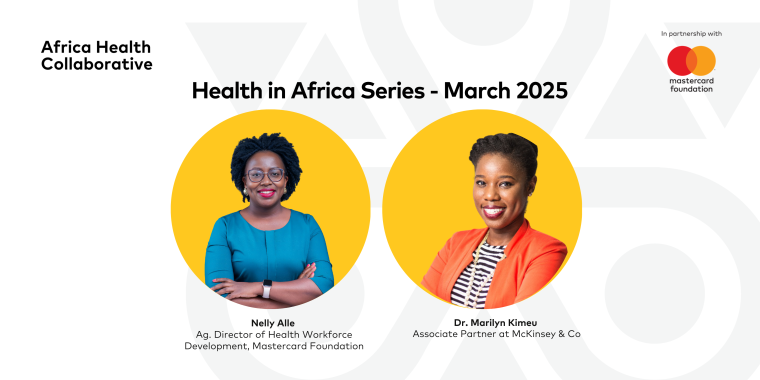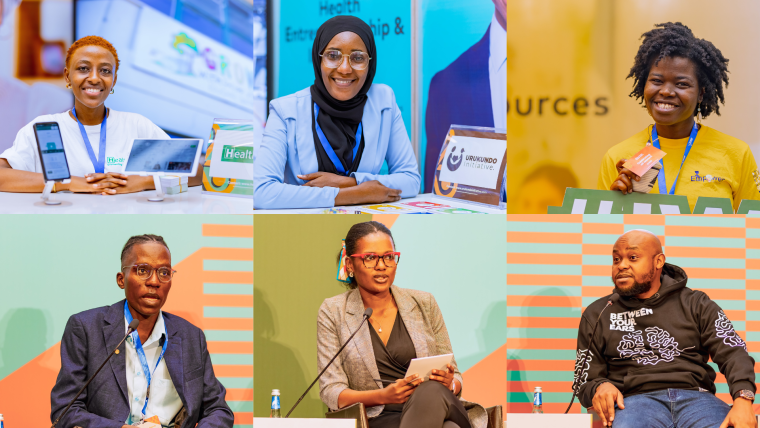Fragmented health data systems and limited access to critical patient information, especially in remote areas, are some of the critical data challenges the health sector faces. These issues hinder effective decision-making, delay care, and exacerbate health disparities. One viable solution to this widespread issue is a robust national health information exchange platform that connects health systems, enabling real-time access to health data from anywhere.
Join us for an insightful conversation where we delve into how human and technological efforts can address these challenges, with valuable insights from Kenya’s ongoing implementation.
Our distinguished speaker, Dr. Job Nyangena, will share his expertise on how the health ecosystem collaborates to implement such platforms, focusing on the human aspects, critical partnerships, and the lessons learned.
What you’ll learn:
- The key challenges a national health data platform address
- Collaboration within the health ecosystem
- Human factors critical to success
- Strategies to overcome implementation challenges
- Best practices for digital health solutions
- Lessons from Kenya’s implementation journey
About the Speaker (Dr. Job Nyangena):

Dr. Job Nyangena is a medical doctor and seasoned digital health professional with a distinguished career spanning over a decade. Combining a strong foundation in medicine with a deep understanding of technology, Dr. Nyangena has been instrumental in shaping the digital health landscape both in Kenya and internationally.
With a proven track record as a clinician, academic, policy maker, and digital health consultant, Dr. Nyangena has successfully led numerous projects implementing digital health solutions to support health systems strengthening. Their expertise extends across a wide range of areas, including electronic health records, telemedicine, health data analytics, and mHealth. Dr. Nyangena is passionate about using digital health to address critical healthcare challenges and improve health outcomes.
More News & Events
Skip scroller content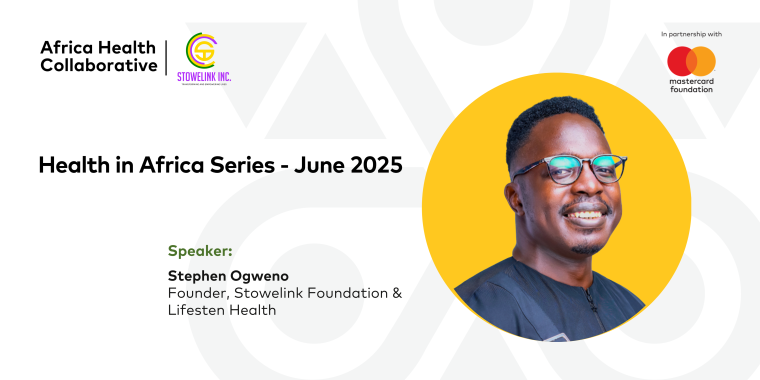
Mental Health and Identity for Students Studying at Home & Abroad
Amid shifting global dynamics, higher education institutions have a powerful opportunity to lead a new era of innovation in primary healthcare (PHC) systems. In the next episode of the Health in Africa Series, we explore practical strategies that academic institutions can apply to strengthen PHC systems, especially in resource-constrained settings.
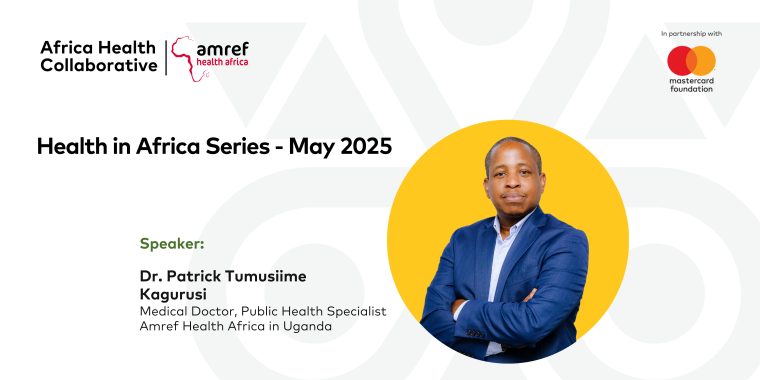
Higher Education’s Role in Reimagining Primary Healthcare
Amid shifting global dynamics, higher education institutions have a powerful opportunity to lead a new era of innovation in primary healthcare (PHC) systems. In the next episode of the Health in Africa Series, we explore practical strategies that academic institutions can apply to strengthen PHC systems, especially in resource-constrained settings.
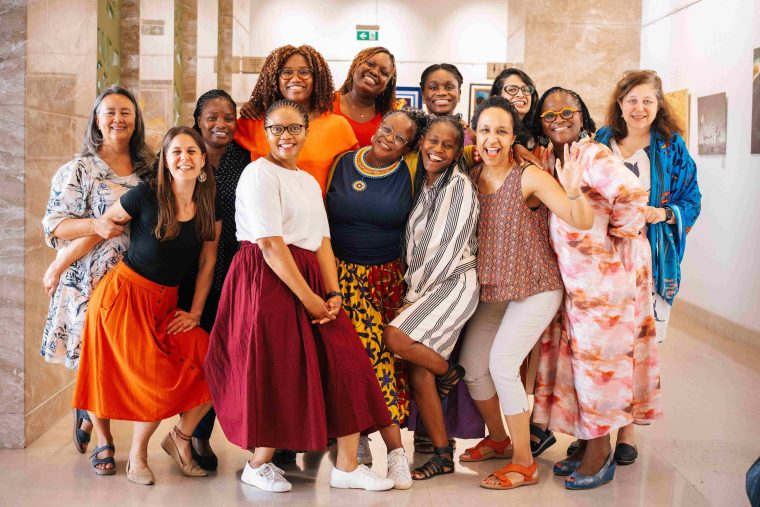
A Tribe Forged in Health: Leadership and Lifelong Bonds at WGHLF 2025
Leadership Coaching and Candid Conversations Kenyan leadership coach and governance expert, Dr. Susan Kinyeki, led a leadership coaching session that encouraged deep reflection on personal leadership journeys, identifying the ‘why ‘ and embracing the power of your voice. The highlight was a series of candid conversations with some of the most accomplished African female leaders in […]
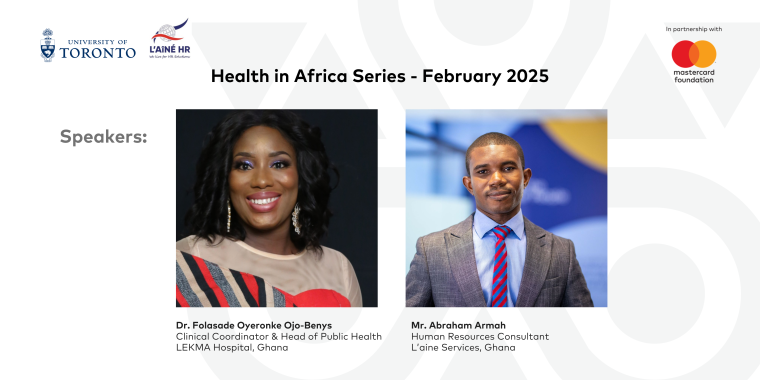
[Health in Africa Series] Health Careers in Africa: West Africa’s Job Market
About L’AINE HR L’AINE HR is a company focused on providing people-oriented solutions and development. As an ISO 9001:2015 certified organization, it serves thousands of clients in both the private and public sectors across various industries including Finance, Health, Media, Telecommunications, Education, Construction, Energy, Manufacturing, and Hospitality. The company prides itself on enhancing the most […]
